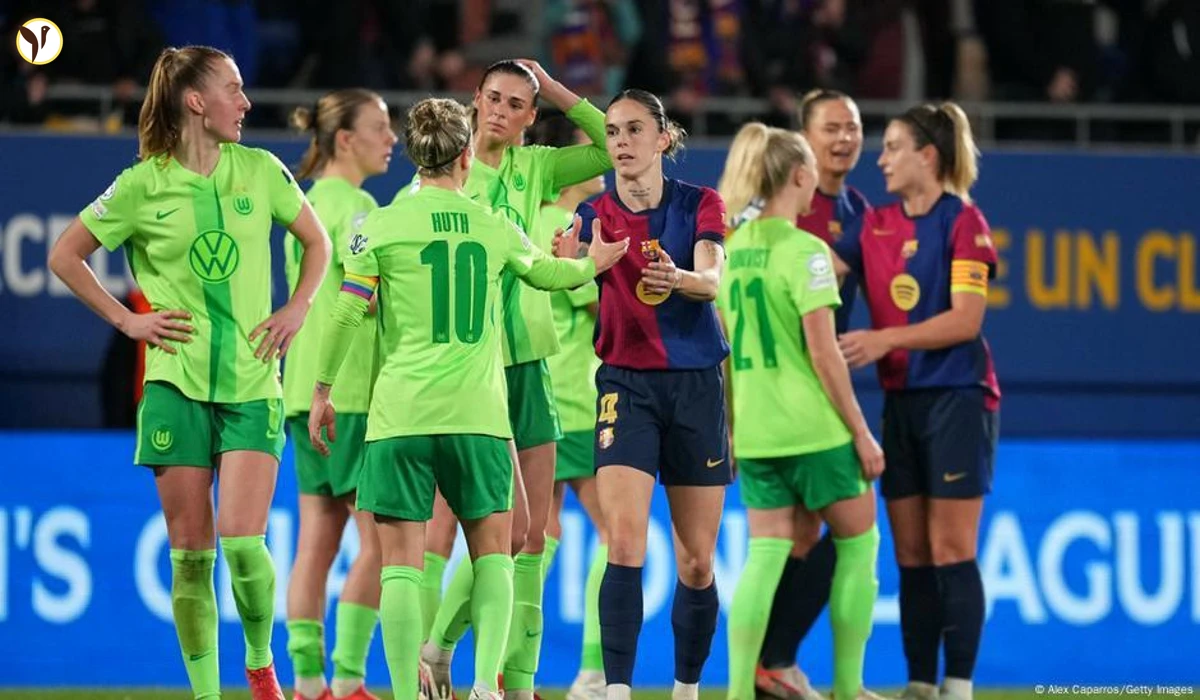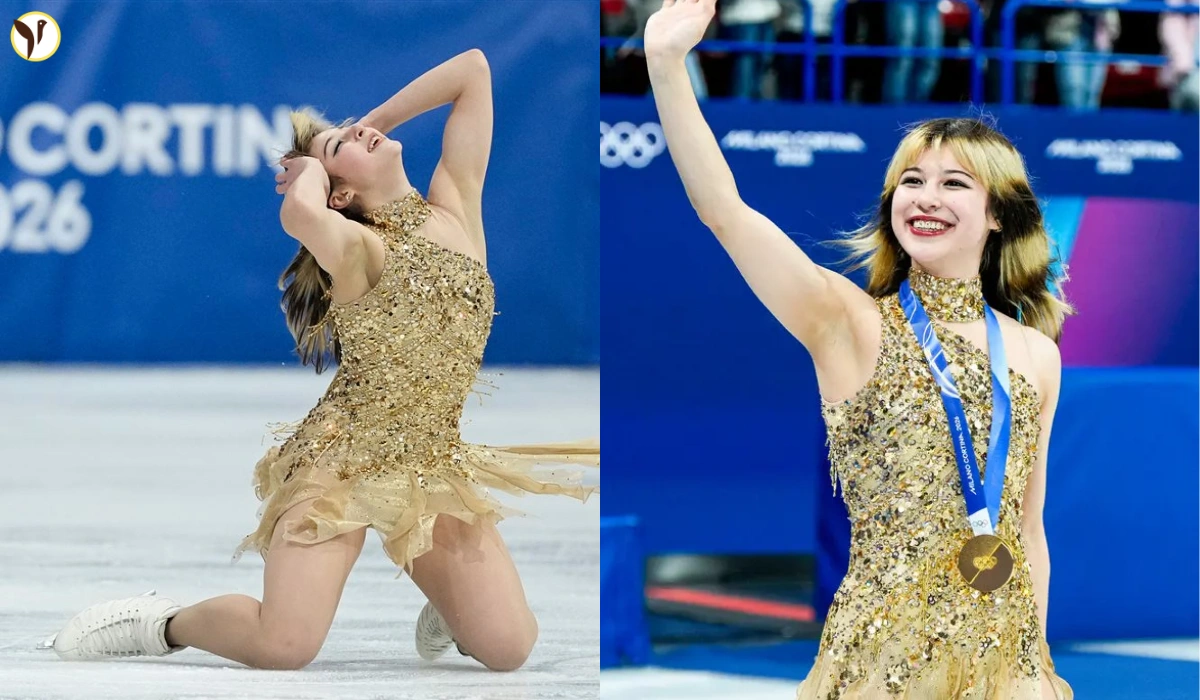Wolfsburg's Fall: Lena Oberdorf's Departure and a Champions League Crushing
Wolfsburg, once a powerhouse in women's football, suffered their biggest ever Champions League aggregate defeat, a humiliating 10-2 loss to Barcelona. This crushing defeat highlights a deeper crisis for the club, threatening their first trophyless season since 2013. The departure of key players, including Lena Oberdorf, has exposed a vulnerability that goes beyond individual talent. It's a story of strategic stagnation, a failure to adapt, and the stark reality of falling behind in a rapidly evolving game.
The Barcelona Blowout and Wolfsburg's Stalled Tactics
Barcelona's victory wasn't just a win; it was a masterclass in modern women's football. Their dynamic passing, high-press strategy, and fluid attack overwhelmed Wolfsburg's more structured, counter-attacking style. Wolfsburg midfielder Janina Minge summed it up perfectly after the first leg, telling DAZN: "At times we felt like headless chickens on the pitch…in the second half, we were just chasing after them."
- Tactical Rigidity: Wolfsburg's reliance on a 4-3-3 formation and long balls became predictable and easily countered by opponents.
- Inability to Adapt: They struggled to break down Barcelona's high press, lacking the attacking variations needed to create chances.
Tommy Stroot's side, despite taking over in 2021, has faced growing criticism for its tactical stagnation. Opponents have learned to exploit Wolfsburg's weaknesses, pressing high and forcing mistakes. Their inability to adapt to these changing tactics has proven costly.
The Loss of Key Players: A Predictable Attack
The departure of key players like Lena Oberdorf to Bayern Munich, Dominique Janssen to Manchester United, and Ewa Pajor to Barcelona, significantly impacted Wolfsburg. Pajor's pace, creativity, and clinical finishing were irreplaceable. While replacements have been brought in, they haven't been able to fill the void left by these departing stars.
- Oberdorf's Move: Oberdorf's decision to join Bayern, announced in February 2024, signaled a belief that Bayern offered a better chance for future success. She stated, "I don't think I'm a complete player yet, but I want to get there," highlighting Wolfsburg’s perceived limitations.
- Squad Depth Issues: Injuries to key players like Alexandra Popp and Svenja Huth, coupled with a lack of squad depth, further hampered Wolfsburg's consistency.
The loss of these experienced and talented players has left a gaping hole in Wolfsburg's attacking capabilities, making their play predictable and less effective.
Bayern's Rise and Wolfsburg's Decline
Bayern Munich's rise to dominance in the Bundesliga further underscores Wolfsburg's struggles. Bayern's strengthened squad and refined tactics under Alexander Straus have made them the league's leading force. Wolfsburg, once the undisputed champions, have fallen behind, even suffering losses to mid- and lower-tier teams.
The Road Ahead for Wolfsburg
Wolfsburg faces a critical juncture. Unless the club invests in smart transfers, adapts its tactics, and rediscovers the consistency that defined its most successful years, it risks being left behind. The Barcelona defeat serves as a stark warning – a call for significant change in order to reclaim their place among Europe's elite.
Lena Oberdorf's move to Bayern highlights the growing divide. While she looks to the future, Wolfsburg must find a way to rebuild and regain its former glory, or risk becoming a relic of a bygone era in women's football.
Lena Oberdorf's Injury and Euro Hopes
Despite her move to Bayern, Lena Oberdorf faces a personal challenge. Recovering from a cruciate knee ligament tear, her participation in the Women's Euros in July is uncertain. While she's returned to partial training, her fitness remains a question mark. The next few weeks will be crucial in determining if she can contribute to Germany's Euro campaign. Her coach, Christian Wück, is cautiously optimistic.









